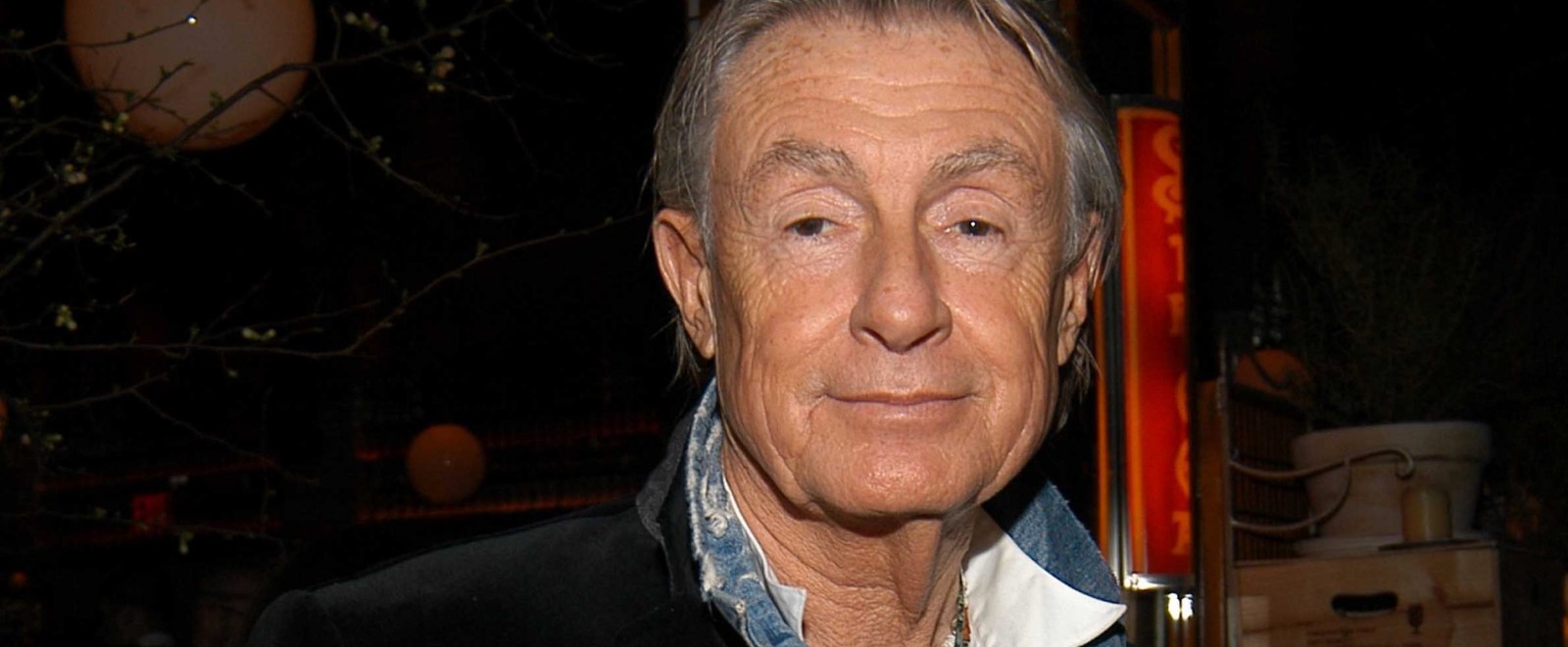Joel Schumacher, the director best known for Batman Forever and Batman & Robin, as well as Brat Pack classics St. Elmo’s Fire and The Lost Boys, died on Monday morning after a year-long battle with cancer. He was 80.
Born in New York, Schumacher attended the Parsons School of Design at New School University and the Fashion Institute of Technology, where he “[paid] his way by designing clothing and packaging for Revlon and working as a window dresser at Bendel’s department store,” before moving to Los Angeles and beginning his career as a filmmaker. His theatrical directorial debut was 1981’s The Incredible Shrinking Woman, followed by the Mr. T-starring comedy D.C. Cab. From there, Schumacher flourished, directing St. Elmo’s Fire, The Lost Boys, and Flatliners in a four-year span, then the hit John Grisham adaptations The Client and A Time to Kill in 1994 and 1996, respectively. In between, however, was the movie that would change Schumacher’s life.
After Tim Burton helmed the first two Batman films, Warner Bros. tapped Schumacher to direct 1995’s Batman Forever, a money-making, critically-tolerated hit with Val Kilmer, followed by 1997’s Batman & Robin, an outright disaster. “I want to apologize to every fan that was disappointed because I think I owe them that,” he said in 2017 about the George Clooney superhero movie. “No one is responsible for my mistakes but me.”
Following his Batman brouhaha, Schumacher went in a different direction with his 1999 releases 8MM and Flawless, the latter featuring the up-and-coming Philip Seymour Hoffman as a drag queen. In 2000, Schumacher directed Tigerland, a Vietnam War drama that was widely praised and showcased another new talent, Colin Farrell. He employed the Irish actor again for Phone Booth (2002), a psychological thriller about a smarmy publicist trapped by a sniper.
Schumacher, who also directed The Phantom of the Opera and The Number 23 and episodes of House of Cards, was always good for a great quote. When asked by Vulture how many sexual partners he’s had, he replied, “It would be in the double-digit thousands, but that is not unusual.” Double digits, like 2,000? “That’s not double digits, that’s single digits.” What a life, what a career.
(Via the Hollywood Reporter)







